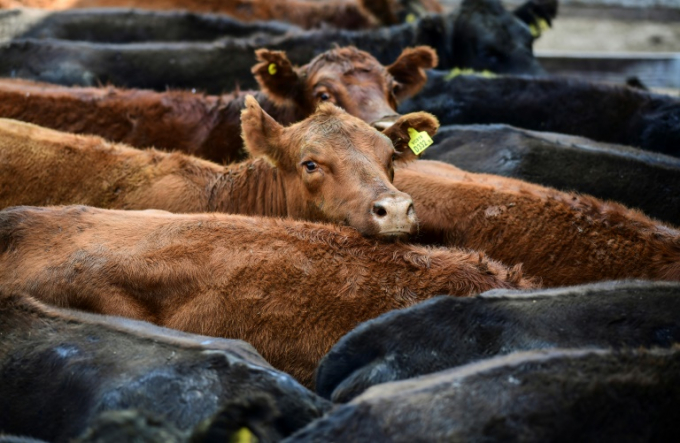May 19, 2025 | 08:47 GMT +7
May 19, 2025 | 08:47 GMT +7
Hotline: 0913.378.918
May 19, 2025 | 08:47 GMT +7
Hotline: 0913.378.918

Argentina is the world's fourth-largest beef exporter, with revenues from the sector vital to the country's economy.
Exports were authorised up to a maximum of 50% of 2020's average monthly volumes, government ministers told reporters in Buenos Aires.
The country is the world's fourth-largest beef exporter as well as one of its biggest consumers per capita, and revenues from the sector are vital to the country's economy.
It exported some 819,000 tonness of beef and cow leather worth $3.37 billion in 2020 -- a 16.5% drop from 2019 -- primarily to China, Germany and Israel, according to the INDEC statistics institute.
"The 50% quota will remain in place until Aug 31 and depending on the results, we will consider how to adapt it," said Minister of Productive Development Matias Kulfas.
The quota excludes exports under an agreement with the European Union on hormone-free beef.
The government is also prohibiting the export of seven beef cuts popular with domestic consumers, including the family staple "asado," until Dec 31.
"The absolute priority is that there is no shortage of meat on the Argentinian table. We think this will help to stabilize prices," Kulfas said of the measures.
In mid-May, President Alberto Fernandez's government announced a one-month suspension on foreign meat sales to "get the sector in order, restrict speculative practices and avoid tax evasion in foreign trade."
Poverty affects 42% of Argentines, and Fernandez sought to reduce the cost of living by implementing price controls.
Fernandez insisted Argentina could not accept the recent rise in meat prices in a country already reeling from three years of recession and the adverse economic impact of the coronavirus pandemic.
The price rises contributed to Argentine inflation, already among the highest in the world, reaching 17.6% in the first quarter of 2021, according to INDEC.
Cattle farmers announced a two-week halt on domestic beef sales in response to the government's move.
The protest did not harm domestic availability, with butcheries and markets having stocked up and consumption dropping due to a sharp price increase -- some 76.2% year-on-year in May.
According to Argentina's chamber of industry and commerce, the industry employs some 100,000 people.
Meat consumption in Argentina has been declining year after year, from 69.3 kilogrammes per person in 2009 to 49.2 kilogrammes today, according to the CICCRA industry chamber.
(AFP)

(VAN) Fourth most important food crop in peril as Latin America and Caribbean suffer from slow-onset climate disaster.

(VAN) Shifting market dynamics and the noise around new legislation has propelled Trouw Nutrition’s research around early life nutrition in poultry. Today, it continues to be a key area of research.

(VAN) India is concerned about its food security and the livelihoods of its farmers if more US food imports are allowed.

(VAN) FAO's Director-General emphasises the need to work together to transform agrifood systems.

(VAN) Europe is facing its worst outbreak of foot-and-mouth since the start of the century.

(VAN) The central authorities, in early April, released a 10-year plan for rural vitalization.

(VAN) Viterra marked a significant milestone in its carbon measurement program in Argentina, called Ígaris, reaching 1 million soybean hectares measured.